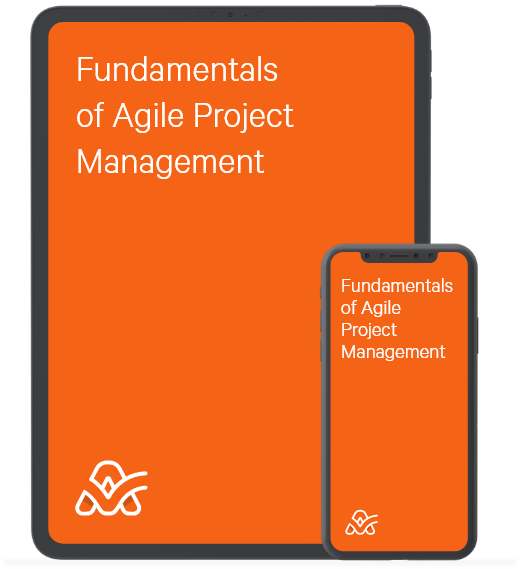A friend once told me, "I'm not working a lot right now, yet I'm getting so much done! It's a mystery." Or is it? Productivity and burnout are quite the topic these days. What follows are some pieces of advice on how to be more productive. They may not be what you expect, though.
Define what stresses you out
If productivity is Superman, stress is kryptonite. There's no need to talk about its negative effects on health, but here's an indirect way it affects productivity: insomnia. Miss one good night's sleep, and watch yourself the next day drinking too many cups of coffee while not getting anything done correctly. Repeat the pattern for weeks or months in a row and watch yourself losing your mind.
Sit down and think hard. Analyse what's going on and how you can change your attitude toward a stressful situation. Can you make anything better? Tackle everything you possibly can, learn to accept what you can't and move on. What helps here is thinking about a positive goal: be happier or, in this case, more productive.
Reduce the workload
No, this is not an encouragement to stop working and giving up. It's about preventing burnout. Talk to your manager - see if there's a way to redistribute tasks that take up too much of your time and effort. And if you're the manager, check up on your team members from time to time. Maybe the workload can be reduced somewhere and mixed up somewhere else. The point is to prevent people from burning the fuse while keeping the day-to-day interesting.
Rediscover the passion for learning
Let us rewind for a second. When was your most productive period? Who are the most productive people you know? Both answers probably point to the sweet spot of getting good at something before getting bored with it. The moments before the learning curve becomes completely flat. This is entirely normal and in tune with human nature. We're curious creatures with the need to expand our hungry mind continually. Some people are capable of changing professions every few years. You don't have to do that, but investing time in learning new skills or trivia ever once in a while is worth it. A stimulated mind is a happy mind.
Now that we went through some significant steps that require time to be thought out, well planned, and executed, let's talk about some tiny steps that will bring you closer to a more productive day.
Make plans for your free time
If you're (still) working from home, you know how difficult it is to plug out. Contrary to popular belief, working longer doesn't equal working more - the opposite is closer to the truth. Many of us developed the nasty habit of staying in front of the computer for 12+ hours every day. It gives us the illusion we have plenty of time to get something done, so a simple task is more likely to be dragged out.

Fundamentals of Agile Project Management
There's a cure for this: set up an appointment right after work. Schedule a meeting with a dear friend or your dentist, whatever it takes to get you away from the screen. Try to do this for at least two weeks in a row, and you'll find yourself finishing tasks more quickly, simply because the option "I'll do this later, I still have plenty of time" will no longer exist.
Throw away your phone and stop scrolling
Easy to say, yet so challenging to do. There might be another gorgeous golden retriever a few scrolls away, after all. Here's a trick: put the phone a couple of steps away from your working space. You'll still be able to hear it if someone's trying to reach you, but you'll need to get up when you want to reply. Cutting off this attention-robbing box of technology might be even more difficult than quitting cigarettes, so kudos if you manage to stick it out!
Experiment with soundtrack music
If you play your favorite music, soon you'll be singing along, anticipating the best part of the song, distracting you from work. If you put on ambient music, you could get bored to death and start fighting your eyelids. Luckily, there's so much music in the world that you only need to choose. Test out various genres while you're focused on different tasks, and remember to keep an open mind. French hip-hop or classical music could be exactly what you never knew you needed.
Take regular breaks
You've probably read this hundreds of times, but it can't hurt to repeat it once more. Set up an alarm, get up, stare out the window, stretch, stay hydrated. And while we're here already - if you're incredibly stressed out, take a few days off to clear your head. Talk it out with your team, check the best time to do this, but keep in mind that it's better to take a break than burn out in the long run.
Going back to my friend's example, is it a mystery that she got more done when working less than usual? Now that we've gone through all these tips, not so much. She started taking regular breaks and days off months before this statement. Also, she took up a hobby and devoted herself to it. Regular after-work activities became part of her daily routine too. In short, she enriched the private life and distanced herself from her working persona, forcing her to give her best during those eight hours spent in front of the computer. It sounds contradictory, yet it's very efficient.



